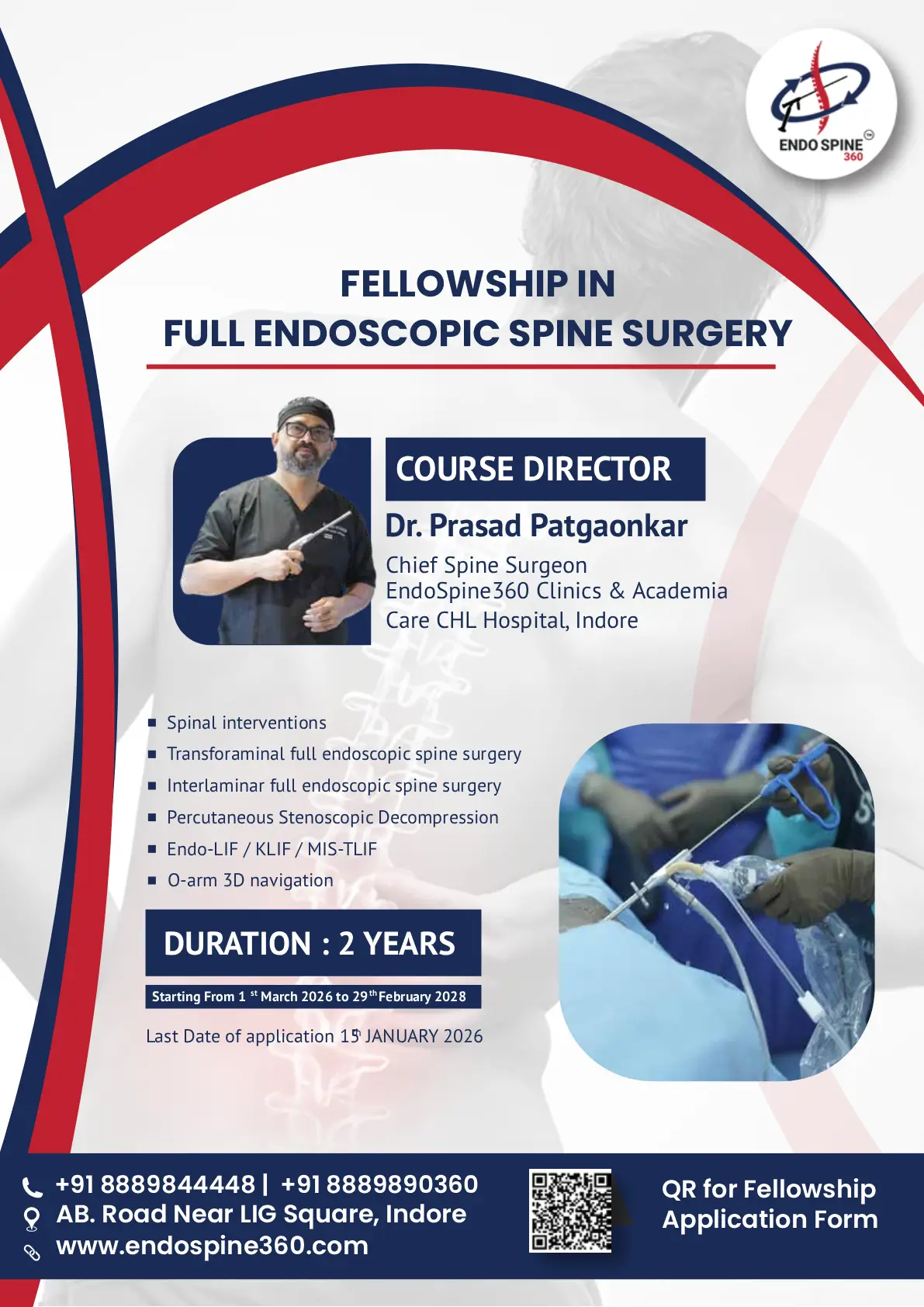Why Do My Legs Keep Going Numb?
- Admin
If you've noticed that your legs and/or feet frequently fall asleep, it may be due to prolonged periods of sitting in specific positions. However, if this sensation occurs frequently or with increased intensity, it could indicate a more serious or acute condition. Various conditions can trigger symptoms like tingling, numbness, or a burning sensation in your legs and feet. It's essential to consider potential underlying causes if these sensations persist. If you are experiencing persistent or severe symptoms, seeking medical advice is crucial for an accurate diagnosis and appropriate management. There are several possible reasons for these symptoms, ranging from benign issues like poor posture to more serious conditions like nerve compression or circulatory problems. Consulting with a healthcare professional can help determine the root cause and guide you toward an effective course of action for relief.
Indeed, various underlying conditions can contribute to symptoms of tingling, numbness, or a burning sensation in the legs and feet. Some of the main ailments associated with these symptoms include:
Fibromyalgia: A chronic disorder characterized by widespread musculoskeletal pain, fatigue, and tenderness in localized areas.
Nerve Disorders: Conditions affecting the nerves, such as neuropathy, where nerve damage can result in sensory disturbances.
Multiple Sclerosis: An autoimmune disease affecting the central nervous system, leading to various neurological symptoms, including numbness and tingling.
Diabetic Neuropathy: Nerve damage due to diabetes, causing symptoms like tingling and numbness in the extremities.
Tarsal Tunnel Syndrome: Compression of the tibial nerve in the ankle, leading to symptoms similar to carpal tunnel syndrome but in the foot.
Peripheral Artery Disease (PAD): Reduced blood flow to the extremities due to narrowed arteries, causing symptoms like tingling and pain.
Stroke or Transient Ischemic Attack (TIA): Interruption of blood supply to the brain, leading to various neurological symptoms, including numbness or weakness in the legs.
Spinal Injuries or Pressure on the Nerves: Conditions such as herniated discs, spinal stenosis, or other injuries that can exert pressure on spinal nerves, causing sensory disturbances.
Treatment options
Treatment options for leg numbness depend on the underlying cause of the symptoms. Here are various approaches that may be considered:
Change in Lifestyle:
- Take regular breaks and stretch to prevent prolonged periods of sitting.
- Wear loose-fitting clothing to avoid constriction.
Diet & Vitamin Supplements:
- Include nutrient-rich foods like salmon, leafy green vegetables, eggs, and milk in your diet.
- Consider vitamin supplements, particularly B1, B6, and B12, to address deficiencies that may contribute to leg numbness.
Blood Sugar Control:
- Manage and control blood sugar levels to prevent nerve damage associated with diabetes.
- Pay attention to dietary choices, limiting the intake of carbohydrates and starchy foods.
Medication:
- Anti-inflammatory drugs or muscle relaxants may be prescribed to alleviate symptoms of conditions like sciatica.
Physical Therapy:
- Physical therapy can be beneficial for conditions such as peripheral neuropathy, sciatica, herniated disc, and spinal stenosis.
- A physical therapist can design a personalized exercise program to address the causes of leg numbness.
Surgery:
- In severe cases of herniated disc or spinal stenosis, surgical intervention may be necessary to relieve pressure on nerves and restore normal function.
Medication for Underlying Conditions:
- If leg numbness is a symptom of an underlying medical condition such as multiple sclerosis, stroke, or tumors, treating the root cause may help alleviate symptoms.
It's crucial to consult with a healthcare professional for a thorough evaluation and diagnosis. Treatment plans should be tailored to the specific condition causing leg numbness, and a multidisciplinary approach involving lifestyle changes, medications, physical therapy, and, in some cases, surgery may be recommended for optimal results.
Through our personalized approach to treatment and a strong emphasis on patient education, we are confident in our ability to provide you with the optimal care for your spinal condition, empowering you to live life to the fullest. Contact Endospine360 for better spinal health.
Search
Categories
Popular Tags
Recent Post
-
Effective solutions for spine and back pain problems by the best spine doctor in surat

Back pain and spine-related disorders have become increasingly common ...
Read more -
Full endoscopic fellowship 2026

Fellowship in full endoscopic spine surgery under Dr. Prasad Patgaonka...
Read more -
From sciatica to disc problems: spinal diseases treated with endoscopic surgery in surat

Spine pain can quietly affect every part of your life—from walking and...
Read more -
Top spine hospitals in surat offering endoscopic & minimally invasive surgery

Back and spine problems can affect your daily activities, mobility, an...
Read more



